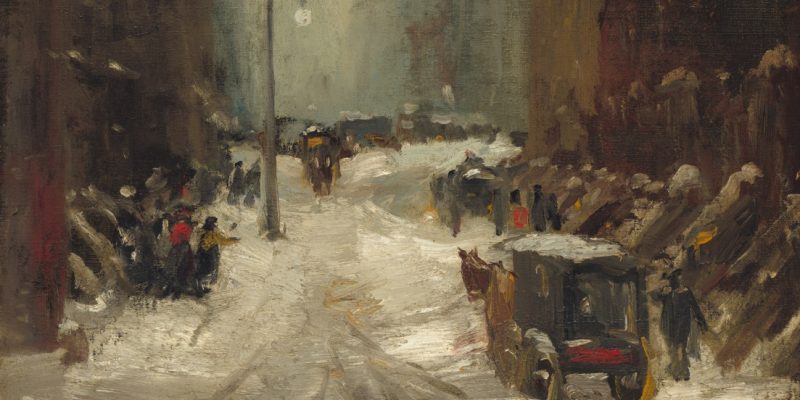
In the Czech Republic, there has been a long-standing discussion about the possibility of taxing still wine. This issue is particularly relevant during times of economic crisis when the state is looking for ways to increase tax revenues. However, the introduction of new taxes should be based on a thorough analysis of impacts and should consider the insights and interests of all stakeholders involved to ensure that the tax is neither unnecessarily costly nor ineffective.
Still wine (wine without the addition of carbon dioxide) is historically exempt from excise duty in the Czech Republic, unlike other alcoholic beverages such as beer, spirits, or sparkling wines. This exemption is increasingly being questioned, especially in times when the government is searching for every possible revenue source for the state budget.
Poorly designed taxation on still wine could significantly impact the wine industry. The Czech Republic has a rich winemaking tradition, and winemakers warn that any increase in costs could harm their competitiveness, particularly compared to foreign winemakers who benefit from lower taxes or subsidies in their countries. On the other hand, all other alcohol producers in the Czech Republic are subject to excise duty, raising the question of why the state should indirectly subsidize still wine producers.
The impact of taxing still wine will undoubtedly be passed on to consumers in the form of higher prices, leading to a certain decrease in consumption. The extent of this decrease will depend on the elasticity of demand. However, health institutions agree that one of the main tools in combating addictions is pricing. The revenue generated could be used to fund addiction and healthcare services needed for treating alcohol dependence.
The question of taxing still wine is complex and requires a thorough analysis of all aspects—from the impact on the wine industry and consumers to potential tax revenues for the state. While additional taxes could bring significant revenue, it is essential to consider the possible negative consequences for domestic winemakers and the consumer market. The discussion should continue with a focus on balancing the economic and health benefits and the interests of all stakeholders involved.
Continue exploring:
Ban on Combustion Engines Benefits No One – Not Even Climate























